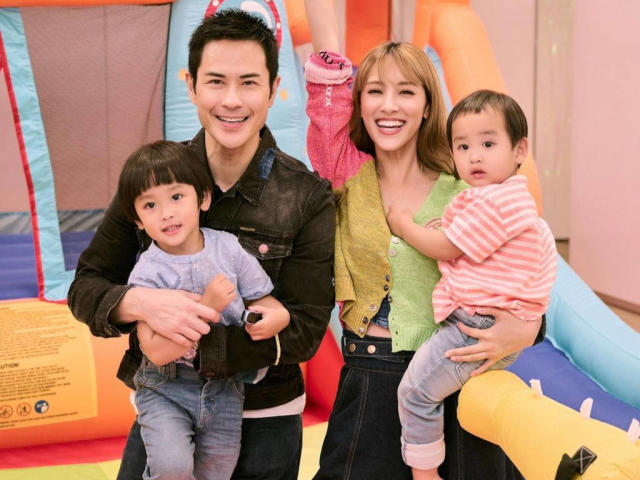Family is the cornerstone of our lives, providing us with love, support, and a sense of belonging. While the immediate family forms the nucleus of our existence, the extended family plays a vital role in enriching our lives and strengthening our social fabric. Beyond the boundaries of blood relations, the extended family extends its arms, offering emotional, practical, and moral support when we need it most. In this blog post, we will explore the invaluable role of extended family in supporting each other and the profound impact it has on our well-being.
Emotional Support
One of the significant contributions of extended family lies in their ability to provide unwavering emotional support. In times of joy, they celebrate with us, magnifying our happiness. Conversely, during moments of sorrow or distress, they lend a listening ear, offer a shoulder to cry on and provide solace. The unconditional love and understanding shared within the extended family create a safe space where we can freely express our emotions without judgment or fear. Their presence during life’s ups and downs gives us the reassurance that we are not alone in our struggles.
Practical Assistance
Extended family members also play a pivotal role in providing practical assistance when needed. Whether it’s helping with household chores, babysitting, or lending a helping hand during times of illness or relocation, their presence alleviates the burden that life’s challenges often bring. This support fosters a sense of collective responsibility, reinforcing the notion that we are part of a larger unit that is always ready to lend support in times of need. The practical assistance extended family members provide not only lightens our load but also strengthens the bonds among family members.
Cultural and Moral Guidance
The extended family serves as a repository of cultural traditions, values, and wisdom that are passed down through generations. Their presence ensures that we remain connected to our heritage, fostering a sense of identity and belonging. Moreover, extended family members often serve as role models and sources of moral guidance. They impart life lessons, share experiences, and offer advice based on their own journeys. This guidance helps shape our character, values, and perspectives, providing a strong moral compass as we navigate life’s complexities.

Celebrating Milestones
Extended family members are often present to celebrate our milestones, both big and small. Whether it’s graduations, weddings, birthdays, or religious ceremonies, their presence adds an extra layer of joy and significance to these occasions. They provide a support system that amplifies shared happiness and creates lasting memories. These celebrations serve as reminders of the interconnectedness and interdependence within the extended family, strengthening the bonds that hold us together.
Generational Connections
The extended family serves as a bridge between generations, fostering connections that transcend time. Children benefit from the wisdom, experience, and stories shared by older family members, while elders find joy and purpose in nurturing and passing on their knowledge. These intergenerational relationships provide a sense of continuity, preserving family traditions, and ensuring that the lessons of the past are not forgotten. They create a tapestry of shared experiences that binds family members together across time.
Conclusion
In a world that often feels fragmented and isolated, the role of the extended family in supporting each other takes on even greater significance. From emotional support to practical assistance, and cultural guidance to celebrating milestones, and bridging generational gaps, the extended family strengthens the ties that bind us. If you want to find great tips and information, click here now!
